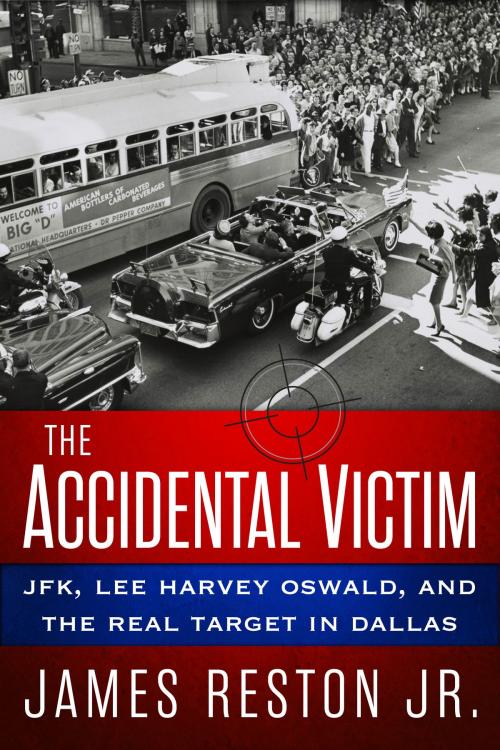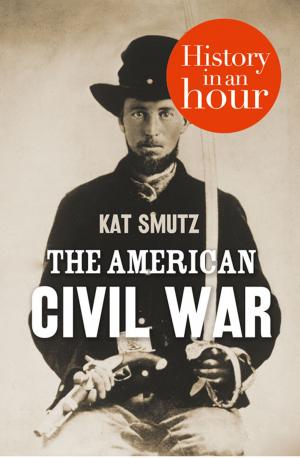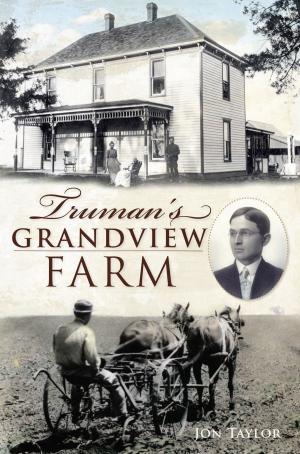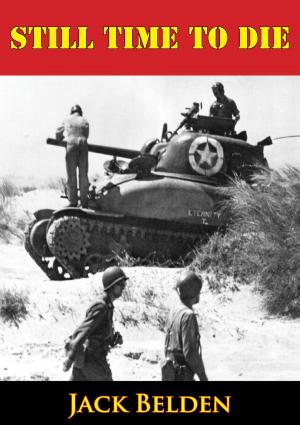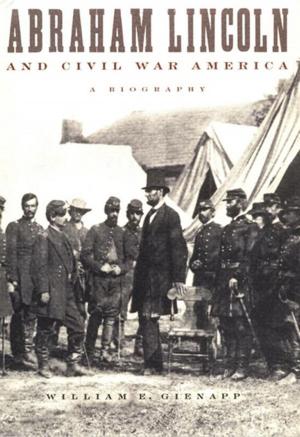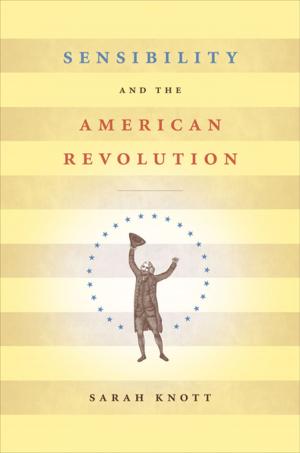| Author: | James Reston, Jr. | ISBN: | 9781939126092 |
| Publisher: | Zola Books | Publication: | September 21, 2015 |
| Imprint: | Language: | English |
| Author: | James Reston, Jr. |
| ISBN: | 9781939126092 |
| Publisher: | Zola Books |
| Publication: | September 21, 2015 |
| Imprint: | |
| Language: | English |
Was the assassination of one of America’s most beloved presidents an accident?
That is the shocking argument put forth by acclaimed historian James Reston, Jr. Based on years of research and interviews, this revelatory new book makes the case that Texas Governor John Connally, not President John F. Kennedy, was the intended target of Lee Harvey Oswald.
Oswald's motive was personal, not political. After he attempted to defect to the Soviet Union, his military discharge was changed from honorable to dishonorable. The proud ex-Marine protested directly to fellow Texan Connally, then Secretary of the Navy, and received a classic bureaucratic brush-off. From that day on, Oswald began nursing a deep, even murderous grudge.
Reston masterfully charts the path Oswald took toward that fated moment in Dallas, his hatred of the governor driving him to purchase a mail-order rifle, position himself in the Texas School Book Depository building, and attempt to settle his score with Connally.
There was no conspiracy.
There was Lee Harvey Oswald, a mail-order gun, and a missed shot.
Marshaling all the available evidence – some of it never before seen – Reston will change the way we understand this epochal event: In one of American history’s most tragic ironies, President John F. Kennedy was as an accidental victim on November 22, 1963.
Was the assassination of one of America’s most beloved presidents an accident?
That is the shocking argument put forth by acclaimed historian James Reston, Jr. Based on years of research and interviews, this revelatory new book makes the case that Texas Governor John Connally, not President John F. Kennedy, was the intended target of Lee Harvey Oswald.
Oswald's motive was personal, not political. After he attempted to defect to the Soviet Union, his military discharge was changed from honorable to dishonorable. The proud ex-Marine protested directly to fellow Texan Connally, then Secretary of the Navy, and received a classic bureaucratic brush-off. From that day on, Oswald began nursing a deep, even murderous grudge.
Reston masterfully charts the path Oswald took toward that fated moment in Dallas, his hatred of the governor driving him to purchase a mail-order rifle, position himself in the Texas School Book Depository building, and attempt to settle his score with Connally.
There was no conspiracy.
There was Lee Harvey Oswald, a mail-order gun, and a missed shot.
Marshaling all the available evidence – some of it never before seen – Reston will change the way we understand this epochal event: In one of American history’s most tragic ironies, President John F. Kennedy was as an accidental victim on November 22, 1963.
